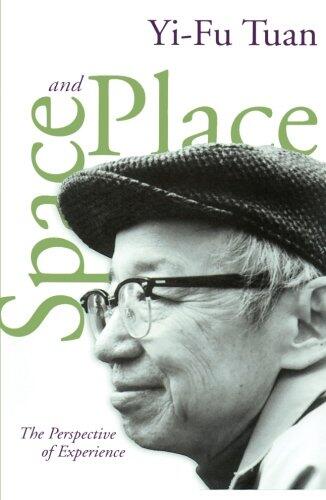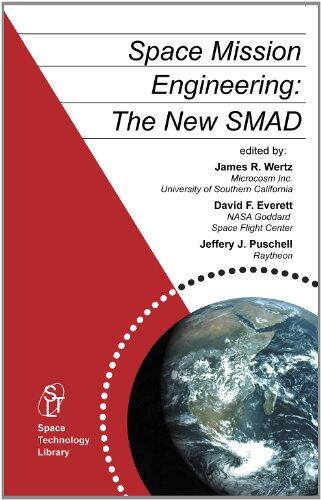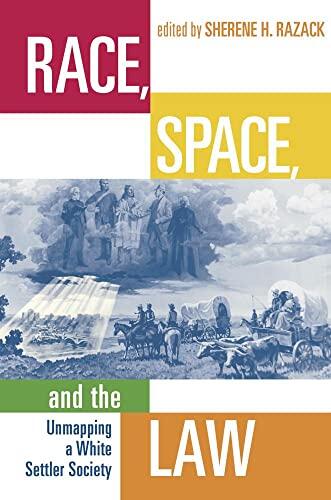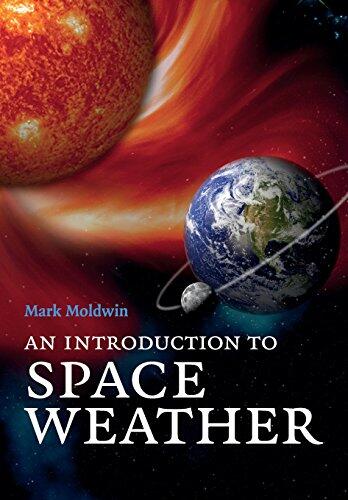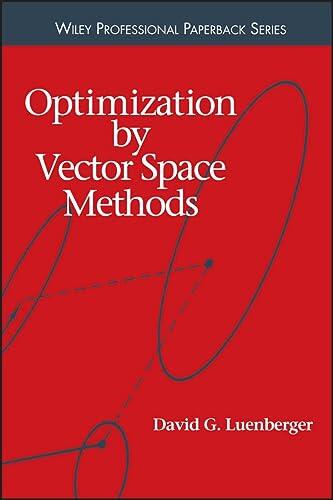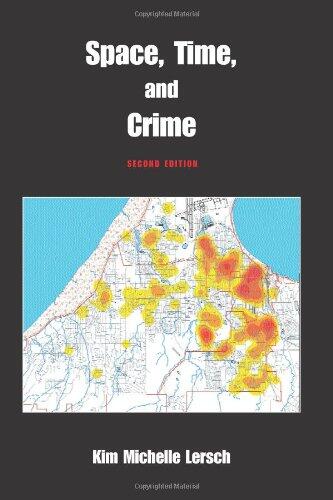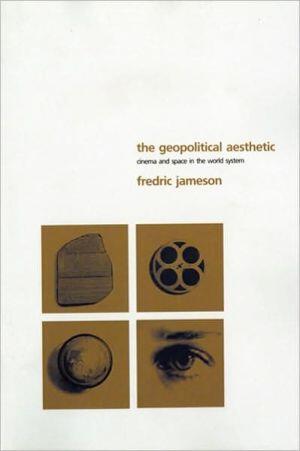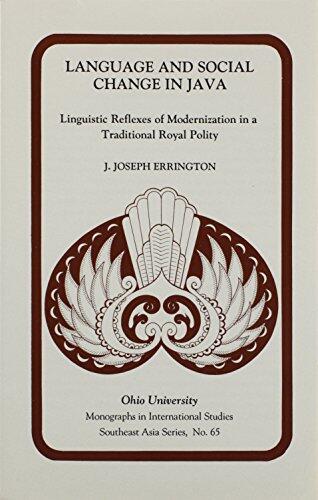
Language & Social Change Java: Linguistic Reflexes of Modernization in a Traditional Royal Polity
还没有评分
Science & Technology
格式
平装书
页数
240
语言
英语
已发布
Apr 1, 1985
出版商
Ohio University Press
版本
1
ISBN-10
0896801209
ISBN-13
9780896801202
描述
Joseph J. Errington's exploration of language and social change in Java offers an insightful examination of how modernization influences traditional structures within a royal polity. The book delves into the intricate relationship between linguistic practices and societal transformations, showcasing how language reflects and shapes shifting cultural dynamics. With a keen eye for detail, Errington reveals the dual role of language as both a mirror to societal shifts and a tool for navigating change.
Through various case studies, the author uncovers the ways in which modern influences permeate traditional linguistic practices, often reshaping social identities and hierarchies. The book provides an analytical lens on the complexities of the Javanese language, highlighting its adaptability amidst contextual shifts driven by modernization. Errington's rich observations invite readers to ponder the broader implications of language as a living entity in a time of rapid change.
The engaging narrative draws readers into the heart of Javanese culture, illuminating how language acts as a vital instrument in the ongoing negotiation between heritage and progress. By presenting a comprehensive examination of linguistic reflexes, Errington contributes significantly to the understanding of sociolinguistic phenomena in Southeast Asia, making a compelling case for the importance of language studies in the context of social change. This work stands as a vital resource for anyone interested in the intersection of language, culture, and societal evolution in a rapidly changing world.
Through various case studies, the author uncovers the ways in which modern influences permeate traditional linguistic practices, often reshaping social identities and hierarchies. The book provides an analytical lens on the complexities of the Javanese language, highlighting its adaptability amidst contextual shifts driven by modernization. Errington's rich observations invite readers to ponder the broader implications of language as a living entity in a time of rapid change.
The engaging narrative draws readers into the heart of Javanese culture, illuminating how language acts as a vital instrument in the ongoing negotiation between heritage and progress. By presenting a comprehensive examination of linguistic reflexes, Errington contributes significantly to the understanding of sociolinguistic phenomena in Southeast Asia, making a compelling case for the importance of language studies in the context of social change. This work stands as a vital resource for anyone interested in the intersection of language, culture, and societal evolution in a rapidly changing world.

